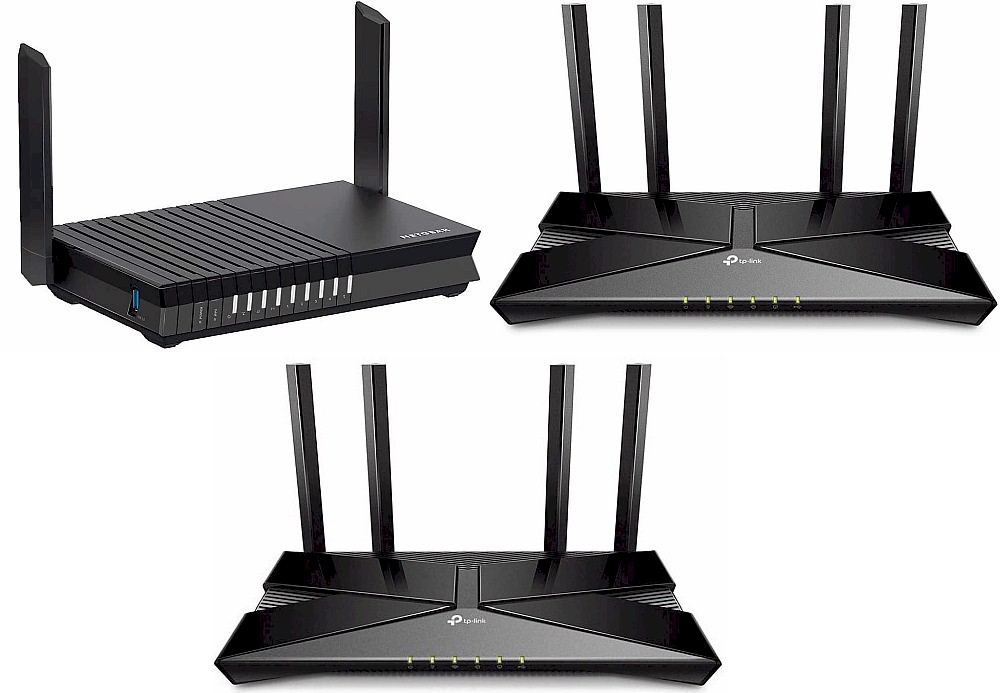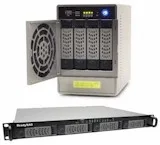Dynamic DNS service provider Tzolkin Corporation (TZO), today announced it will supply embedded dynamic DNS services for the new HP
MediaSmart Server product announced at the 2007 Consumer Electronics Show.
The HP MediaSmart Server helps consumers access their digital assets from
any computer or digital entertainment center on the home network and is slated to ship later this year. TZO will allow HP customers to select a personal web address for
easy and secure remote access to the HP product.




